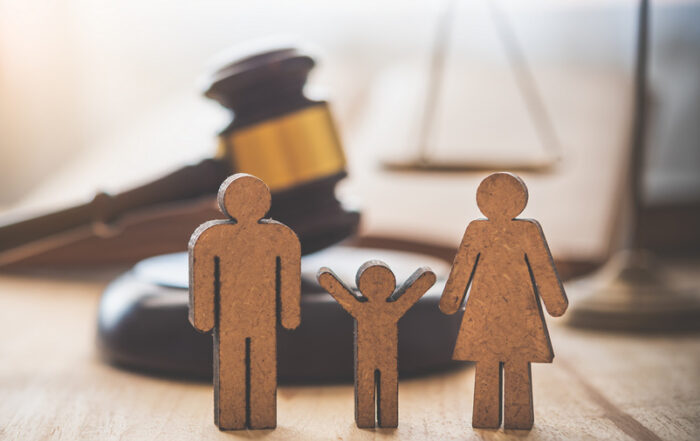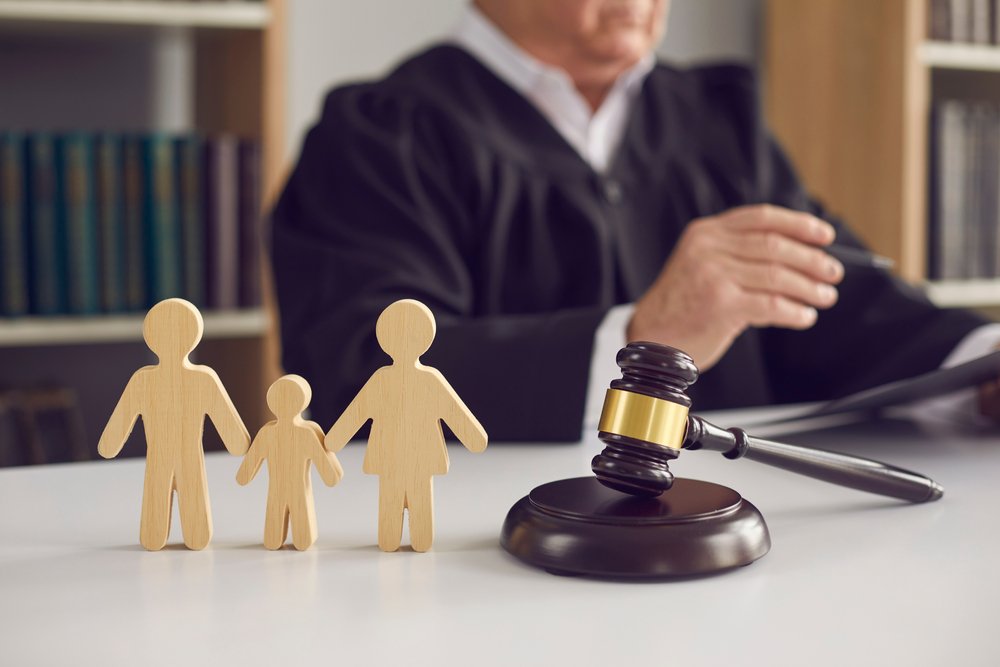When it comes to family law, child custody is one of the most sensitive and emotionally charged issues. Deciding who will have legal and physical custody of a child can be challenging for everyone involved. Careful consideration and legal expertise of important information on child custody helps determine the best course of action with the child’s best interest at the forefront.
In the following article, we’ll explore important information on child custody, including different custody arrangements, what influences custody decisions, and tips on how to find the best child custody attorneys in El Centro to guide you through the process.
So, whether you’re a parent going through a custody battle or just looking to understand the basics, read on and get some valuable insights.
What is child custody?
Child custody is the overarching term for the rights and responsibilities of the legal and practical relationship between children and their guardians. Two major subcategories under the umbrella of child custody are legal custody and physical custody. Custody in general covers both the decision-making responsibilities related to children and the physical whereabouts of children.
Legal Custody
Legal custody refers to decision-making rights. Sole legal custody gives one parent the exclusive right and responsibility to make decisions related to their child’s health, safety, and welfare. On the contrary, under a joint legal custody arrangement, both parents share the right and responsibility to make health, safety, and welfare decisions.
Physical Custody
Physical custody refers to where a child resides and with which parent they are spending their time. Physical custody encompasses visitation and other specifics related to the exchange of children between parents. Joint physical custody means both parents have significant periods of physical custody. A child’s time does not need to be equally split between parents. However, under California Family Code Sections 3011 and 3020, physical custody must be shared in a way that ensures “frequent and continuing contact with both parents” as long as the contact is in a child’s best interest.
How is child custody determined?
To make a custody award, a judge will decide what is in the “best interest” of a child. The best interest of a child is based on many relevant factors and the totality of the circumstances. Courts must consider the health, safety, and welfare of the child, any history of abuse, any domestic violence findings, certain violent felony convictions, and several other factors detailed in the California Family Code. Courts may also consider whether one parent attempts to interfere with the other parent’s contact with the child. It is the public policy of the state of California to keep children together with their siblings. Absent evidence of “compelling circumstances,” separating children from their siblings will be presumed detrimental to their best interests.
Child-centered standards
There are three bedrock principles a court must consider when making custody orders. First, the court’s primary concern must be the health, safety, and welfare of the children. Children have the right to be free from abuse and domestic violence. Second, the court must keep in mind the codified policy that children need “frequent and continuing contact with both parents.” The code does not specify or delineate the specific means to ensure frequent and continuing contact with both parents. Finally, the courts must NOT consider the sex, gender identity, gender expression, or sexual orientation of parents when making custody orders. California law favors awarding custody to parents over nonparents.
Do children have a say in their custody orders?
A court must consider and give “due weight” to the requests of children who are of “sufficient age and capacity to reason so as to form an intelligent preference as to custody or visitation.” However, the participation of a child in any family law case is decided on a case-by-case basis. A child who is fourteen (14) years of age or older must be permitted to address the court regarding their custody wishes unless the court determines it would not be in the child’s best interest. As to children under the age of fourteen (14), the court will consider whether the child may be at risk emotionally or whether the child may benefit from stating their preference to the court. If the court decides to take testimony from a child, the court must protect the child’s best interest and control the examination. In some cases, the court may appoint a minor’s counsel to assist with this process.
Where can you find experienced child custody attorneys in El Centro & the nearby areas?
Not sure how to file for child custody in California? Or perhaps you’re wondering how to change a court order for child custody? At JWB Family Law, we’re highly experienced in providing legal assistance to families facing the difficult task of determining child custody and visitation arrangements for their children in El Centro. With our help, you’ll be able to navigate the complex legal system and protect your kids’ interests.
You can rely on us for any questions regarding sole and joint custody, visitation plans, child custody modification, or anything else you need clarification on. Depending on your needs, we will explore different forms of custody and prepare any necessary legal paperwork. Get in touch with us and get trustworthy professionals on your side!







